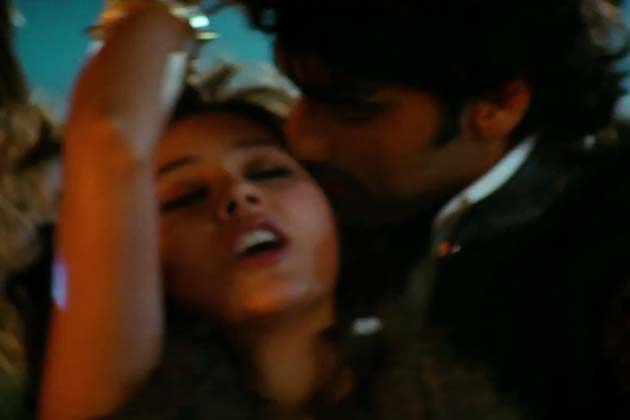

“Everyone could relate to the song as all of us have been letdown at some point or the other,” she says of the chartbuster, which she’s still asked to sing in her live shows. That year she earned a Filmfare nomination as Best Actress in addition to winning the Filmfare Best Female Playback Singer Award for Dil ke armaan, where the nominees were the formidable Lata Mangeshkar and Asha Bhosle. Not only did replicas of Nilufer’s (her character) shimmery ghararas and jadav jhumkas flood the bazaars but flocks of women (burqa clad and otherwise) found a voice for their silent subjugation through her revolt in the film. The London-bred Salma Aagha fit into the Indian canvas seamlessly and reminded you of the legendary singing star Noorjehan. Secondly, it introduced a hazel-eyed beauty who could not only portray the angst but could also sing it in plaintive notes. It was the first time that a film tackled the sensitive ‘talaq’ (divorce) syndrome with an empathy hitherto not shown towards women. BR Chopra’s Muslim social Nikaah in 1982 broke new grounds in more ways than one.


 0 kommentar(er)
0 kommentar(er)
